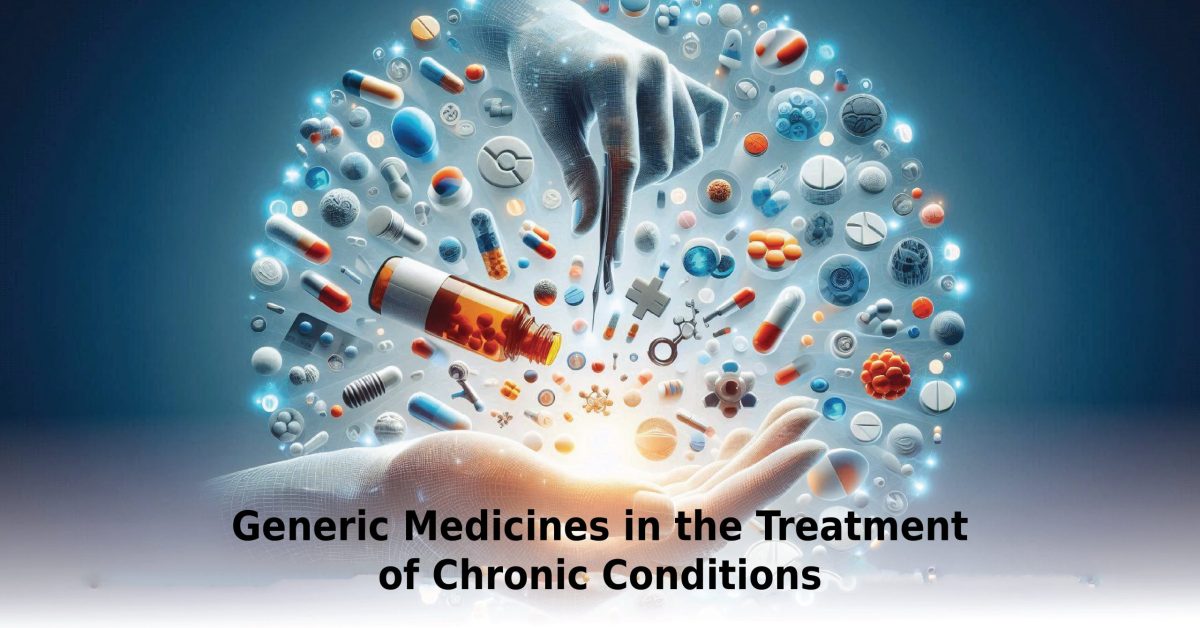Chronic conditions are illnesses like diabetes, hypertension, and mental health disorders that millions of people suffer from globally. Most of these conditions require long-term medication, which can be very expensive. Generic medicines present a cheaper equivalent to branded drugs. Hence, presumably, they will decrease healthcare costs without compromising the effectiveness of treatment. Though generics have apparent benefits, the degree to which they are adopted and used is incredibly variable around the world. This depends on many factors, including patient perceptions, physician attitudes, and regulatory policies at the country level. This paper reviews the contribution that generic drugs can make in the management of some important chronic diseases, using research evidence from different parts of the world to delineate the challenges and opportunities for promoting generics.
The Role of Generic Medicines
Generic medicines play a vital role in modern health systems. They are an inexpensive treatment for chronic conditions and are thought to have the same active ingredients and quality standards as branded medicines. The key difference is related to pricing; namely, the generics are much cheaper. This cost differential may be extremely helpful to patients with chronic conditions where ongoing medication is required.
Patient Perceptions and Beliefs
Patient perception and belief towards the use of generic drugs often influence their uptake. There is a study from the UAE that shows many patients had negative beliefs pertaining to the usage of generic drugs, as most of them believed that generics were less effective and offered more side effects than branded drugs. These perceptions were influenced by factors such as gender, age, education level, and income. Similarly, in Yemen, patients exhibited an overall ignorance of generics. A small percentage responded to the fact that generics are as potent as branded medicines. These misconceptions usually arise from an unaware and ill-educated public about the safety and effectiveness of equivalents between the two.
Physician Attitudes and Prescription Practices
Physicians are opinion leaders, and they have the best influence on patients decisions and behaviors with regards to the use of generic drugs. Surprisingly, however, several studies have reported ambivalence among healthcare professionals. For example, physicians from Lebanon indicated a strong preference for prescribing branded drugs rather than generics. This preference did not differ across age groups or even among different years of experience. Lack of therapeutic equivalence and harmful or irritating excipients were the primary reasons for distrusting generic drugs.
A study in Jordan, however, reported higher rates of generic prescribing among younger physicians and more experienced doctors. Physicians willingness to prescribe generics was influenced by a variety of factors, including the age and years of practice of the physician and the presence of medical representatives promoting branded drugs. These findings have implications for the potential impact of focused educational campaigns and policy interventions on increasing physicians acceptance and prescription of generic medicines.
